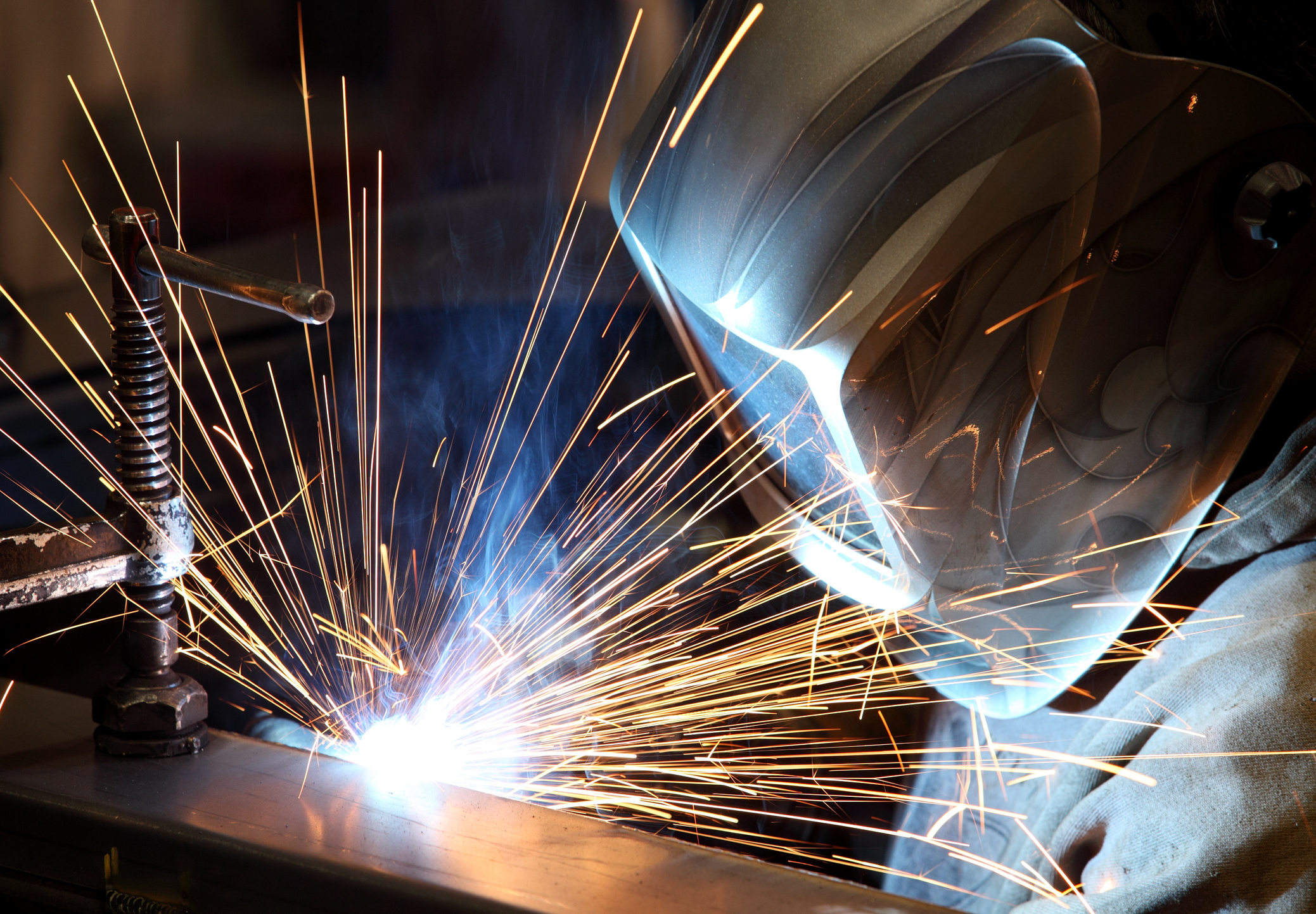Globally, welding is among the skills most highly in demand. Employment options span the globe, with potential careers in boilermaking, sheet metal fabrication, structural iron and steel manufacturing, machine operation and maintenance, and more.
“Companies reach out to us saying, ‘I need 12 welders next week,’” said Trevor Owen, campus director at Arclabs Welding School in Houston, Texas. “We don’t have nearly enough graduates to fulfill the openings that we have just here in Hous.ton. But the industry is full of hard-work.ing people that want to go out and build better lives for their families. And they can make really good money.”
To increase opportunities for students in this growing industry, consider how welder certification — and testing facility accreditation — can lead to greater success for students.
So, what’s the difference between qualification and certification?
When welders are qualified, it means their skill and experience level are adequate for an employer’s internal documentation, standards and/or requirements. They’ve shown they have the skills and abilities sufficient for a specific welding project or job. But their skills may or may not be sufficient for a different employer. When welders are AWS certified, it means they have been tested to an internationally recognized standard based on one or more process, material and technique configurations. And when job seeking, the welder who can showcase a track record of experience and certification may go farther faster in their career.
Where can welders get certified?
Testing for AWS certification may occur only at an AWS accredited testing facility (ATF); there are approximately 200 world.wide. ATFs often operate as part of an independent laboratory, manufacturing plant, distributor or educational institution and must go through a rigorous process.
AWS must ensure they meet or exceed minimum requirements for facilities, personnel, and equipment. And they must adhere to standard procedures for qualifying, testing and certifying welders.
Schoolcraft College in Livonia, Mich.igan, recognized the value of the ATF process for their school. “It gives us the ability to train and equip our welders with an industry-recognized certification,” said Katrina Rogers, laboratory operations co.ordinator. “It also helps our program stand out. We treat our equipment and processes with high regard and ensure all things are done according to procedure. The labs are always clean, and materials are traceable and verified.”
What are the benefits of becoming an accredited testing facility?
Rogers stressed the importance of accreditation for both their students and the welding industry. “We are an ATF because we find value in providing our students the opportunity to graduate with an industry-recognized certification. It gives our students an advantage when they go to work in the field, and it prepares them to be better welders,” she continued. “It also provides us the opportunity to work with local companies. Their welders can earn certification so they can better serve their customers. All around it helps us to equip the welders in our community.”
Jason Becker, a welding educator and host of a related podcast called Arc Junkies, agreed that certification is crucial. “Being an ATF opens new doors,” he said. “Local businesses have found out that we’re able to test their people for AWS certification. And so they’re actually sending some of their people to our facility to get certified. This is opening new doors because the employers come in to do a weld test, but then they see our facility, and they start asking questions: “Hey, what are you teaching? How long is the program? What processes you going through?”
Learn how to become an AWS accredited testing facility.
>nbsp;
[pdf-embedder url=”https://www.acteonline.org/wp-content/uploads/2022/11/ACC_1001_ATF_INFOGRAPHIC-ACTE-1.pdf” title=”ACC_1001_ATF_INFOGRAPHIC ACTE (1)”]







